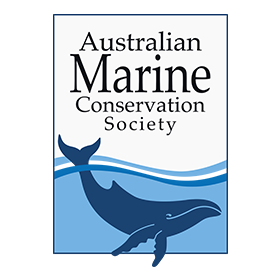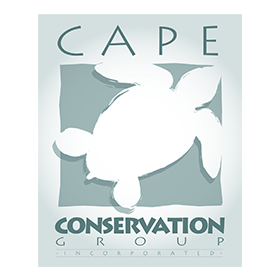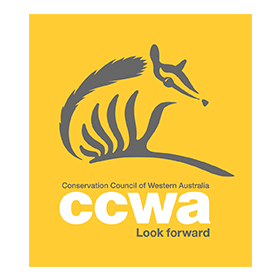PROTECT NINGALOO
SAVE EXMOUTH GULF
Help us protect Exmouth Gulf, Ningaloo’s Nursery, from industrialisation.
Want to know why Exmouth Gulf, Ningaloo is special to so many people? Watch this…
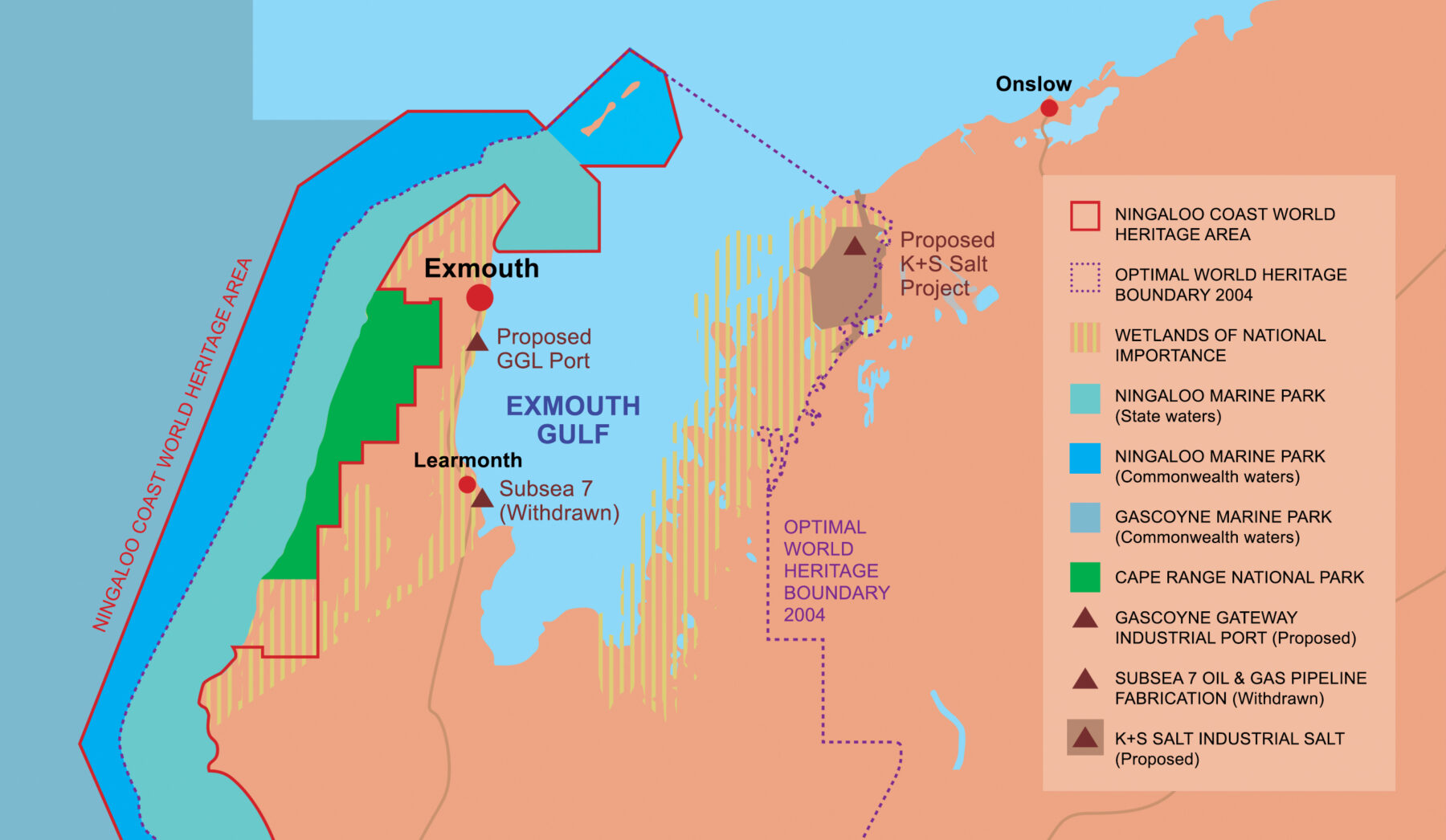
Exmouth Gulf is a stronghold for many threatened marine species, but its future is in danger.
Find out about the industrial threats facing this globally significant place.
Say No to the Saltworks
Tell WA Environment Minister Reece Whitby you are opposed to the K+S saltworks in Exmouth Gulf
UPDATES


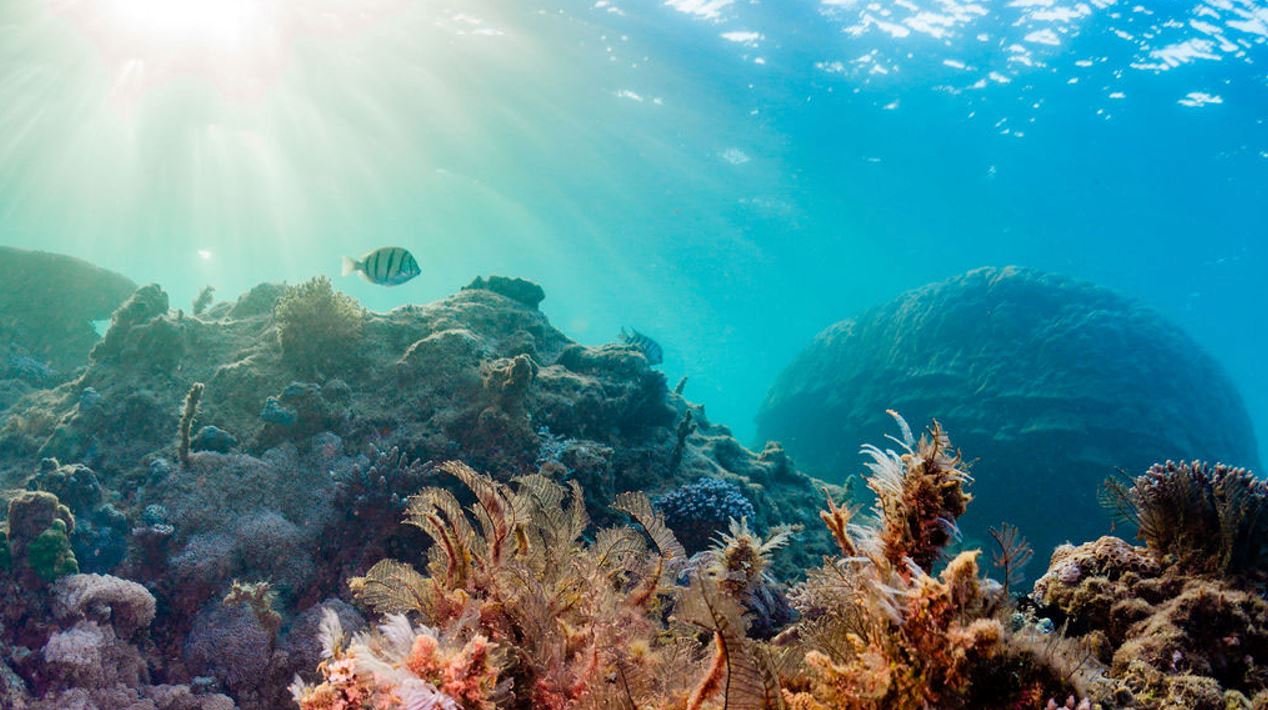
The Reef
Where the desert meets the sea, the turquoise waters of Ningaloo Reef are known the world over. The World Heritage Listed Ningaloo Coast contains a high diversity of habitats that includes fringing coral reefs, lagoons, sandy beaches, estuaries and mangroves. Visited by an estimated 300-500 whale sharks every year, coinciding with mass coral spawning events, Ningaloo Reef is also an oasis for marine fauna including turtles, manta rays and whales.
The Range
The rugged limestone range and arid coastal plain of the Cape Range adjoins the stunning waters of Ningaloo Marine Park. Located within the Ningaloo Coast World Heritage Area, the Cape Range National Park is rich and diverse in an array of wildlife including kangaroos, emus, echidnas, birds and black-flanked rock wallabies. Home to an extensive network of underground caves and water courses, a global biodiversity hotspot supporting rare subterranean fauna, it offers a unique opportunity for scientific research and insight into the rich cultural heritage of the area.
The Gulf
Exmouth Gulf, Ningaloo’s nursery, is a diverse environment, on land and underwater. It is a critical resting and nursing area for one of the world’s largest humpback whale populations and a place of global importance. In the Gulf, you will find a significant population of dugongs, hundreds of species of fish, as well as a range of threatened and protected species, including turtles, dolphins, whales, sea snakes and birds – just to name a few! There are still mysteries to solve at this wondrous place and a new surprise to find every time you visit, however the area remains under threat from industrial development.
Who we are
Protect Ningaloo is a grassroots initiative of everyday people who are inspired by one of the world’s last great natural places, and want to protect it.
We are hosted by the Australian Marine Conservation Society (AMCS), Australia’s leading ocean conservation charity, in alliance with Cape Conservation Group, the North West Cape’s conservation organisation based in Exmouth, and the Conservation Council of WA, the State’s peak conservation body. We’re supported by respected scientists, leaders in the local tourism and hospitality industry, and tens of thousands of people including many well-known and respected Australians.
What we do
At Protect Ningaloo, we work with leading scientists, the Exmouth community and local businesses, photographers and filmmakers, and the broad WA community to raise awareness around the extraordinary values of Exmouth Gulf, Ningaloo.
The campaign aims to protect Exmouth Gulf from the threat of industrialisation, and conserve its outstanding natural, cultural and social values.
Why we do it
We’re determined to protect and preserve the unique, world-class natural environment of the Exmouth Gulf, Ningaloo region and build a sustainable, positive future for the area.
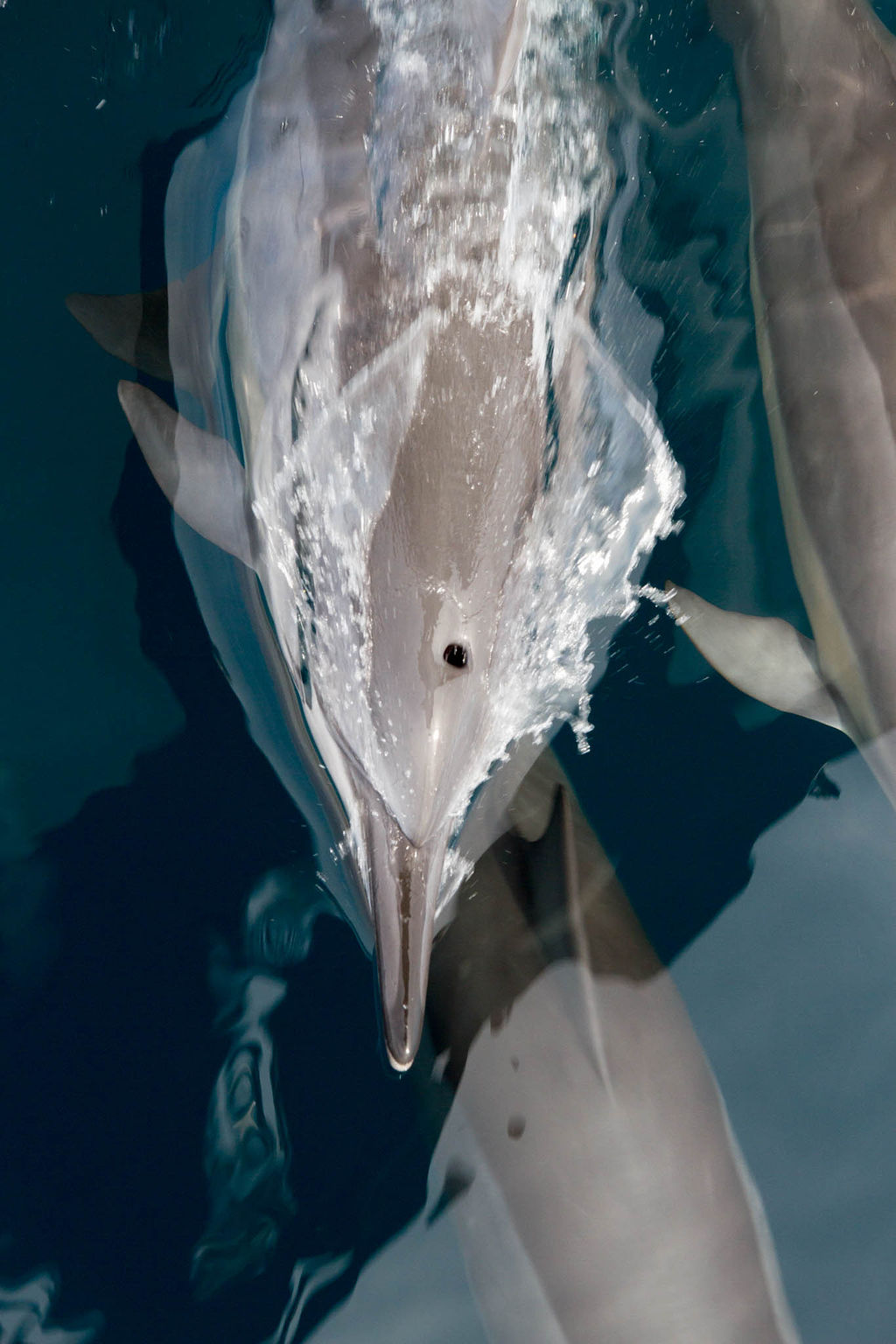
Our Patron
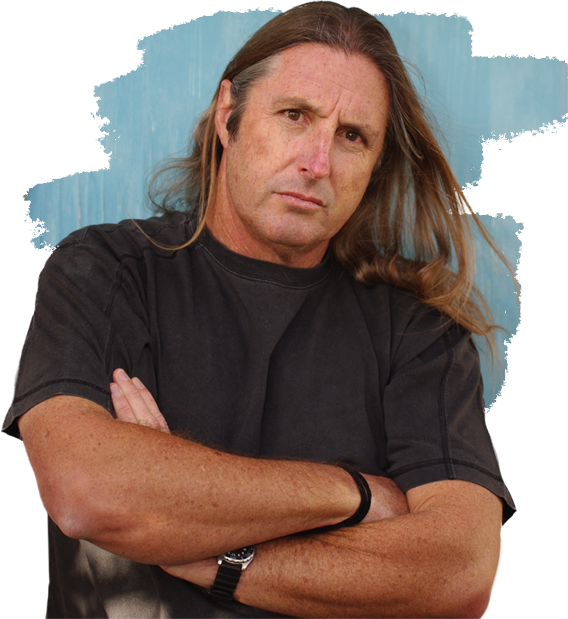
Australia’s most famous author, and listed as a Living Treasure by the National Trust, Tim Winton has been a conservation advocate for 25 years, and was prominent in the historic Save Ningaloo Campaign in the 2000s.
“I’m proud to support these passionate Australians fighting for a place we all love. I hope you’ll help them out to Protect Ningaloo and save Exmouth Gulf.”

